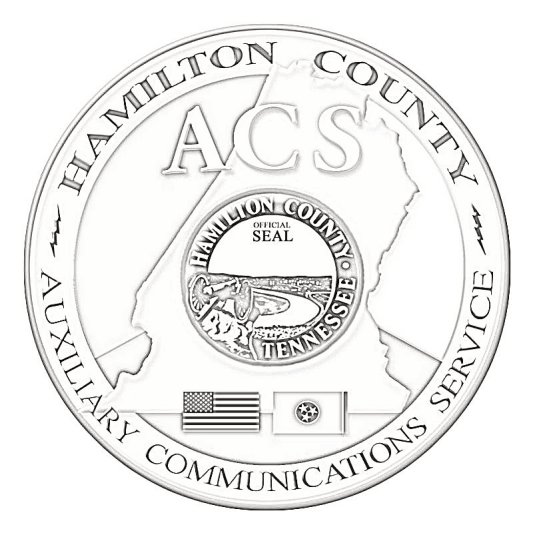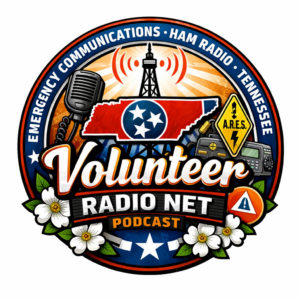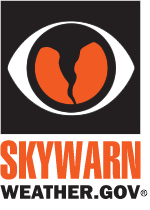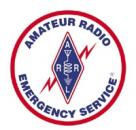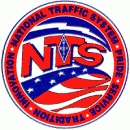Learning Resources
Visit @TheVolunteerRadioNet on YouTube. We have created a series of learning videos for The New Ham and AuxComm Operations.
 For advanced ICS training courses, such as IC 300 (G300), IC 400 (G400), G191.1, etc go to the TEMA training calendar. For Hamilton County ARES or ACS members, use the Contact Form to let us know of your interest. We will help get you in that class.
For advanced ICS training courses, such as IC 300 (G300), IC 400 (G400), G191.1, etc go to the TEMA training calendar. For Hamilton County ARES or ACS members, use the Contact Form to let us know of your interest. We will help get you in that class.
 For Basic NIMS courses, IC100, IC200, IC700, IC800 or others, go to the FEMA EMI training site.
For Basic NIMS courses, IC100, IC200, IC700, IC800 or others, go to the FEMA EMI training site.
- East Tennessee Tornado Outbreak: May 18, 1995
- Nighttime Squall Line: May 5-6, 1999
- Scott County (Huntsville) Tornado: April 20, 2000
- Knox County (Powell) Tornado: May 23, 2000
- Severe Weather July 2001: July 4 and July 8 Squall Lines, July 25-29 Flooding
- Cumberland Plateau Tornado Outbreak: November 10, 2002
- Knox County (south Knoxville) Tornadoes: May 15, 2003
- Heavy Snowfall in the Mountains: February 11-12, 2006
- Damaging Wind Event across East Tennessee: July 21, 2006
- Claiborne County Tornado: April 26, 2007
- Long-lived Supercell Thunderstorms: May 8, 2009
- Three Weak Tornadoes across Southwest Virginia: June 16, 2009
- Four Weak Tornadoes across Southeast Tennessee: October 9, 2009
- Super Tornado Outbreak: April 27, 2011
The Amateur Radio Relay League has many resources and programs to help amateur operators assist others in time of need. To best make use of these programs, amateurs should learn about and take part in these training and other program opportunities.
The CalTech Amateur Radio Club puts the origins of the ARRL into perspective for us:
“The trick of getting a message from here to there was to relay it between hams until it reached its destination. Amateur radio’s national organization in the United States, the ARRL, in fact derived its name from this prominent activity. ARRL stands for American Radio Relay League.”
–Caltech Amateur Radio Club W6UE
The SHared RESources (SHARES) High Frequency (HF) Radio Program.
Amateurs with HF experience are uniquely qualified to assist Federal, State, and Local Agencies and Nongovernment Organizations with technical assistance with communications via Federal HF frequencies under the SHARES program.
What is SHARES?
The SHAred RESources (SHARES) High Frequency (HF) Radio Program coordinates a voluntary network of government, industry, and disaster response agency HF radio stations used for emergency communications. SHARES supports government (federal, state, and county), critical infrastructure, and nationwide or multi-state disaster response organizations in two ways: by transmitting emergency messages when normal communications systems are destroyed or unavailable, and by providing HF radio channels for interoperability. SHARES supports Emergency Support Function Two (ESF #2), Communications, and helps participants maintain awareness of applicable regulatory, procedural, and technical issues.
Earthquake Hazards
Central United States Earthquake Consortium
Earthquakes at USGS.gov
Earthquakes in the Heartland
Did You Feel It?
The Winlink site reads: …is a network of amateur radio and authorized government stations that provide worldwide radio email using radio pathways where the internet is not present. The system is built, operated and administered entirely by licensed “Ham” volunteers.
